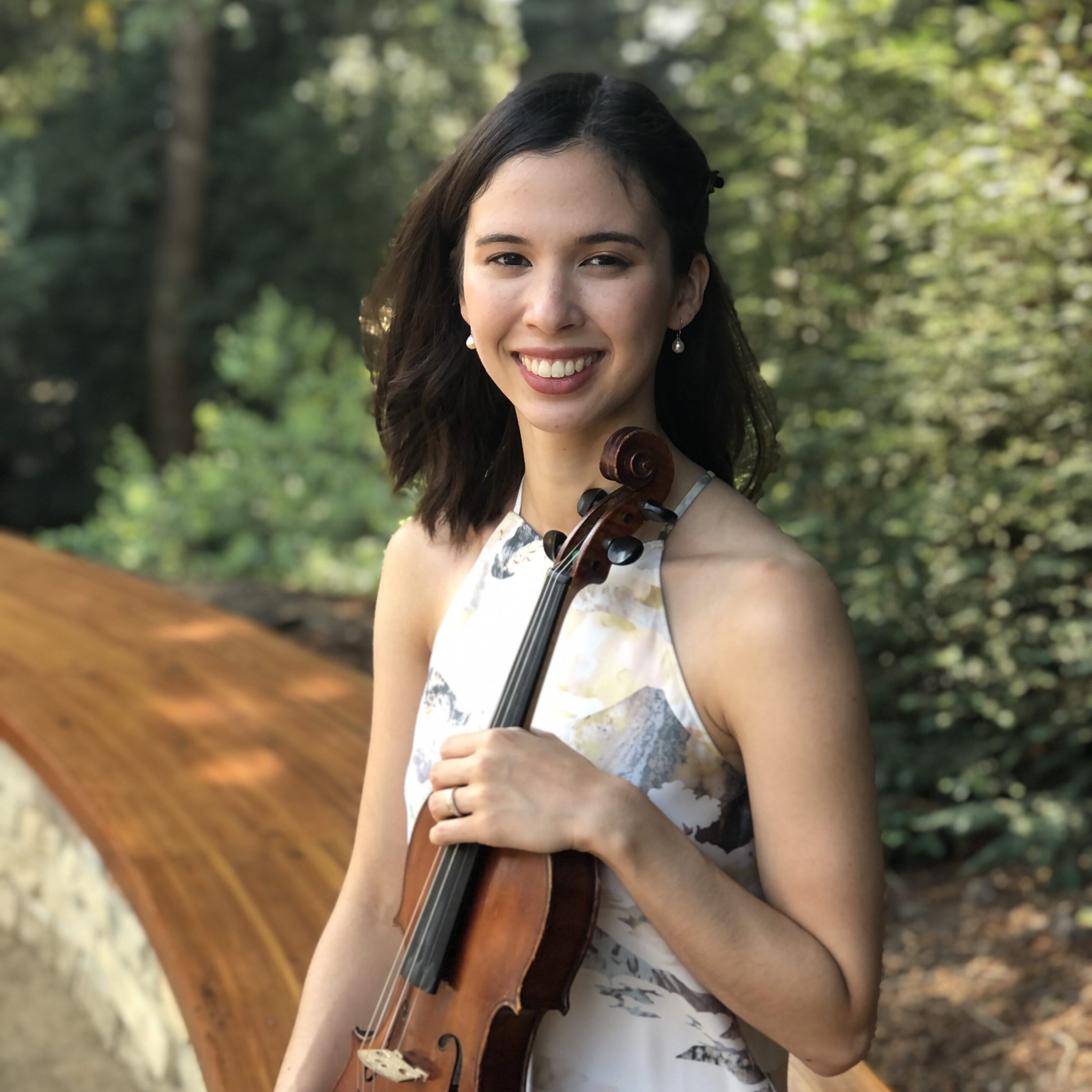
Education
Performance Experience
Inga has appeared in performances across the United States and Europe, including a performance at the Berlin Philharmonie during Musikfest Sommer 2021 with the Lucerne Festival Contemporary Orchestra. She has performed on national television alongside Yo-Yo Ma at the Kennedy Center Honors and appeared in chamber concerts with members of the Boston Symphony Orchestra in the Berkshires. Inga has also been featured in the Shepherd School of Music’s Starling-Shepherd Distinguished Teacher Masterclass Series, performed with violinist Naoko Tanaka at the Tufts Faculty Concert, and premiered Aaron Wong’s Physicalities for violin duo at the Tufts Composers Practicast.
Teaching Experience
Inga has extensive teaching experience working with students of all ages and levels. She taught violin and piano for three years at Vivo Professional Music School in Houston, Texas, and served as an Early Orchestra and Violin Instructor at the Community School of Music and Arts in Mountain View, California. At Tufts University’s Community Music Program, she taught piano, violin, chamber music, and music theory, and also worked as an accompanist.
Teaching Philosophy
“The first part is mainly physical: how can I best understand and use my body to develop my technique in a comfortable, sustainable, and efficient way? To achieve this, I use a combination of principles from the Alexander Technique as well as technical exercises and etudes.”
“The second is a broader understanding of music: inclusive of music theory and harmony, historical context, and performance practices. Through understanding the form, structure, and context of music, one can better interpret works – both new and old – in convincing and original ways.”